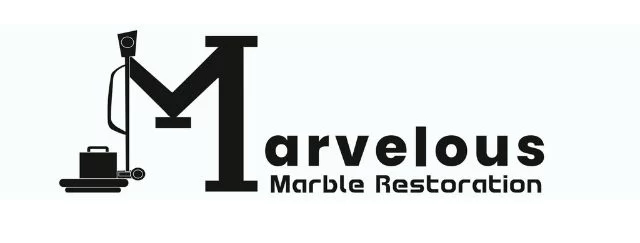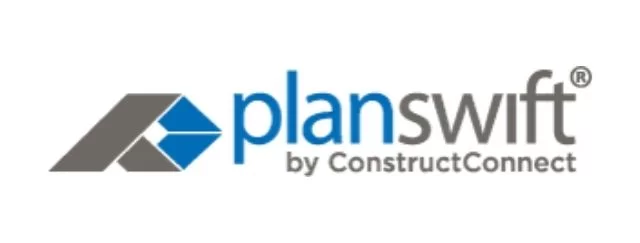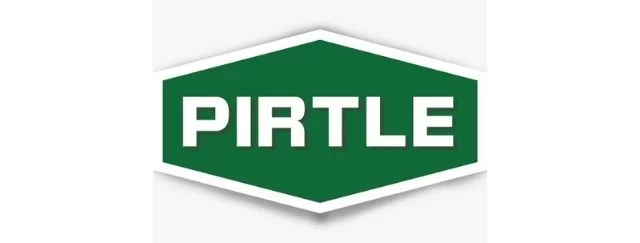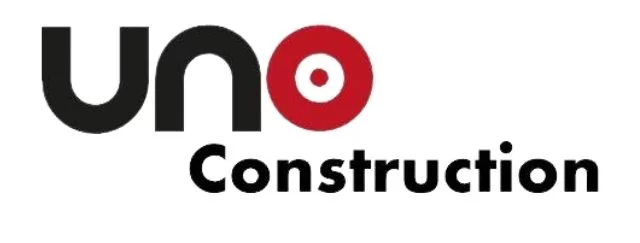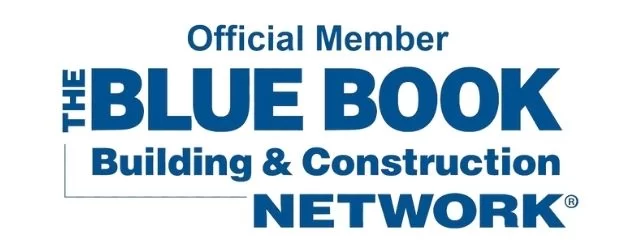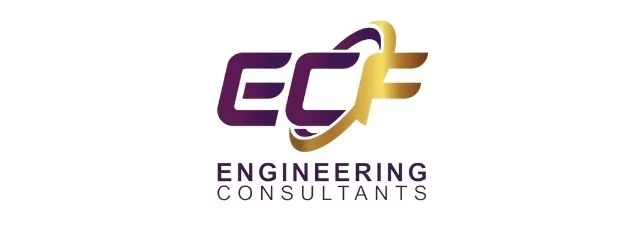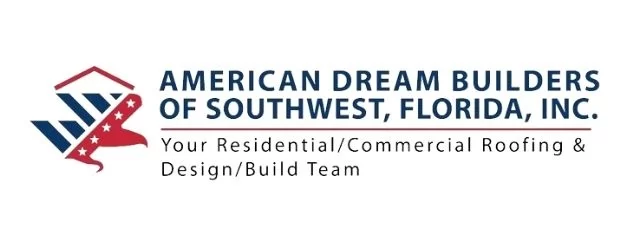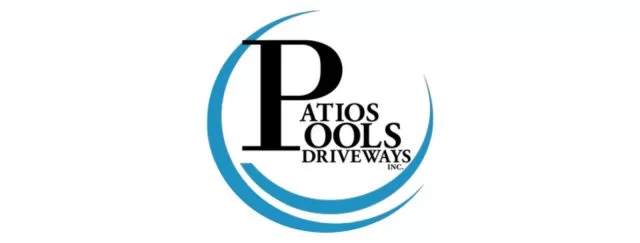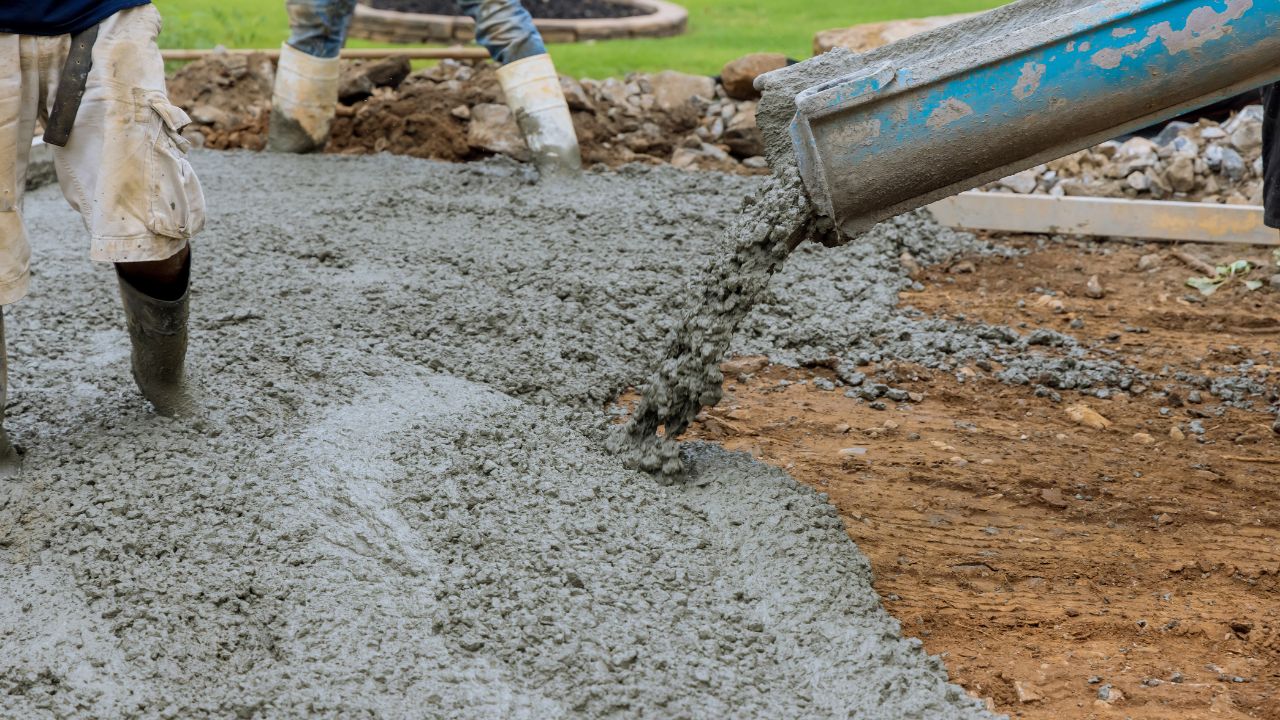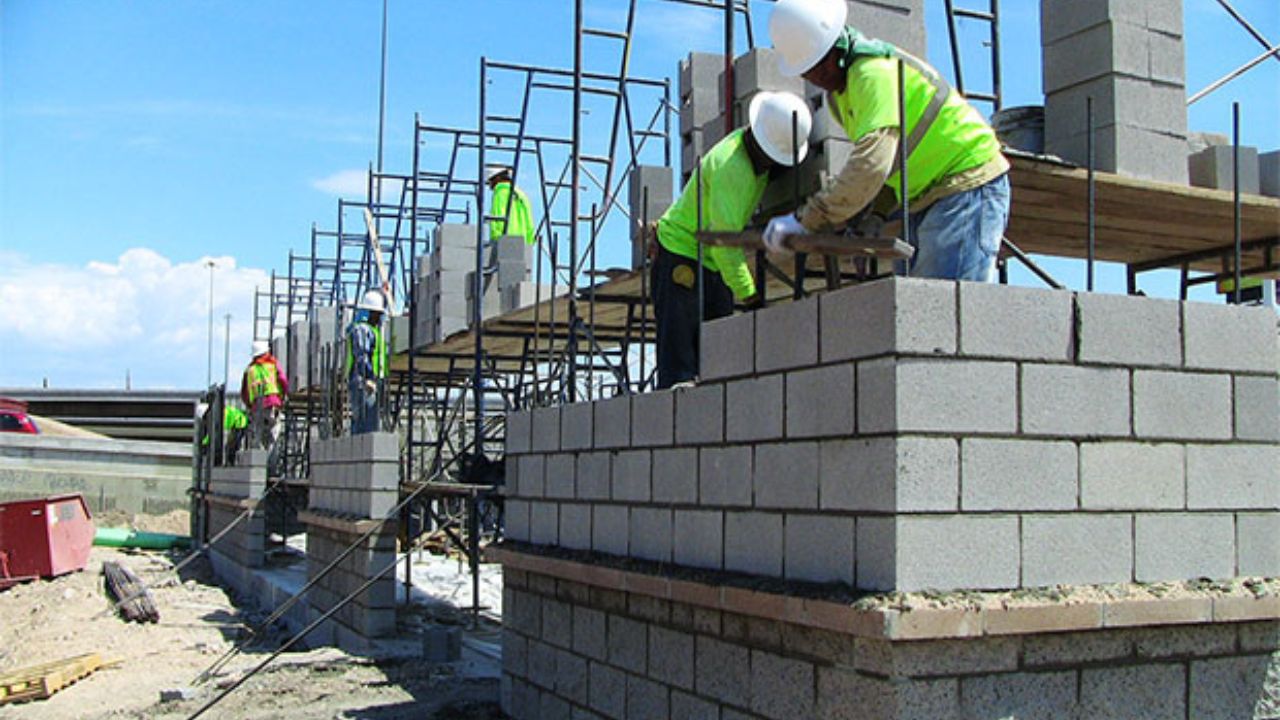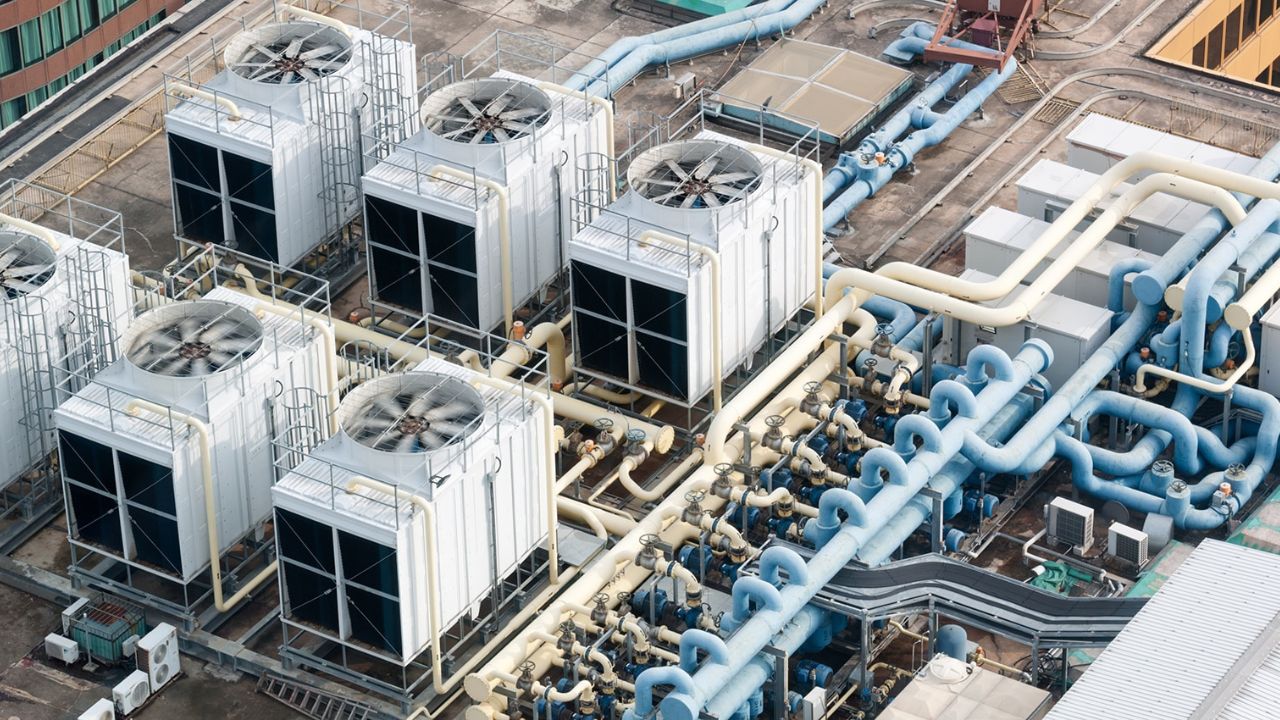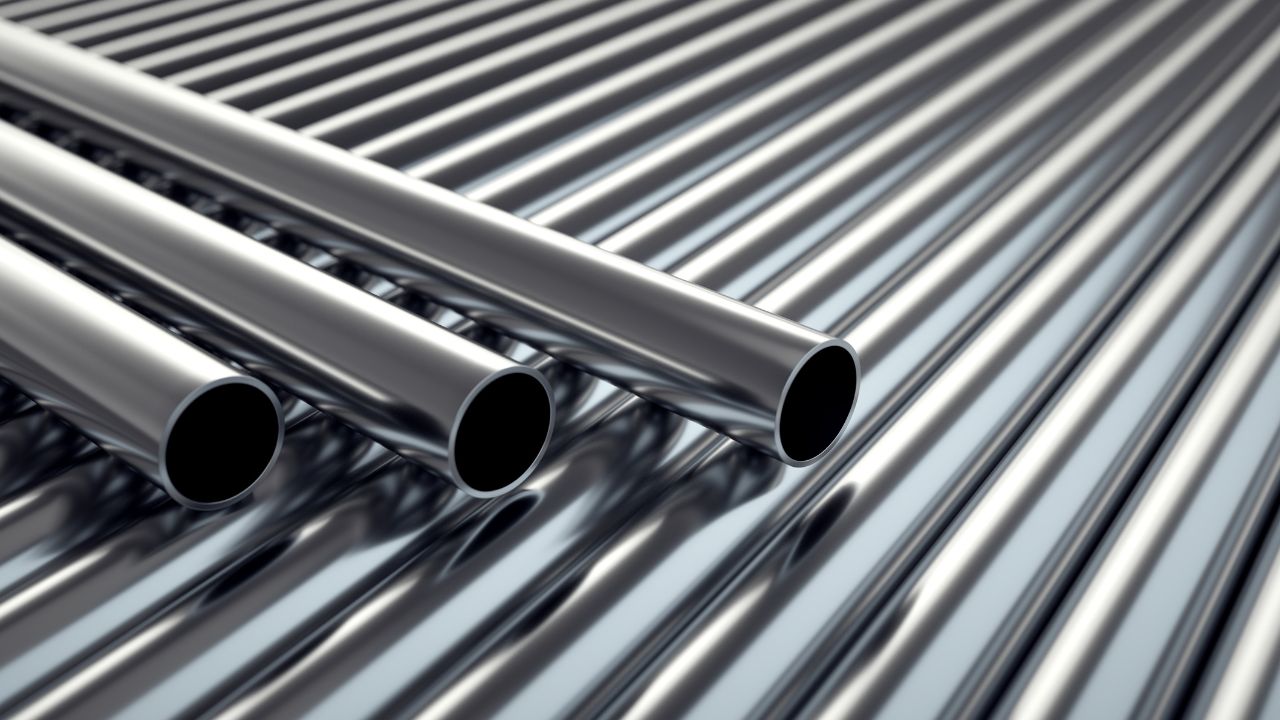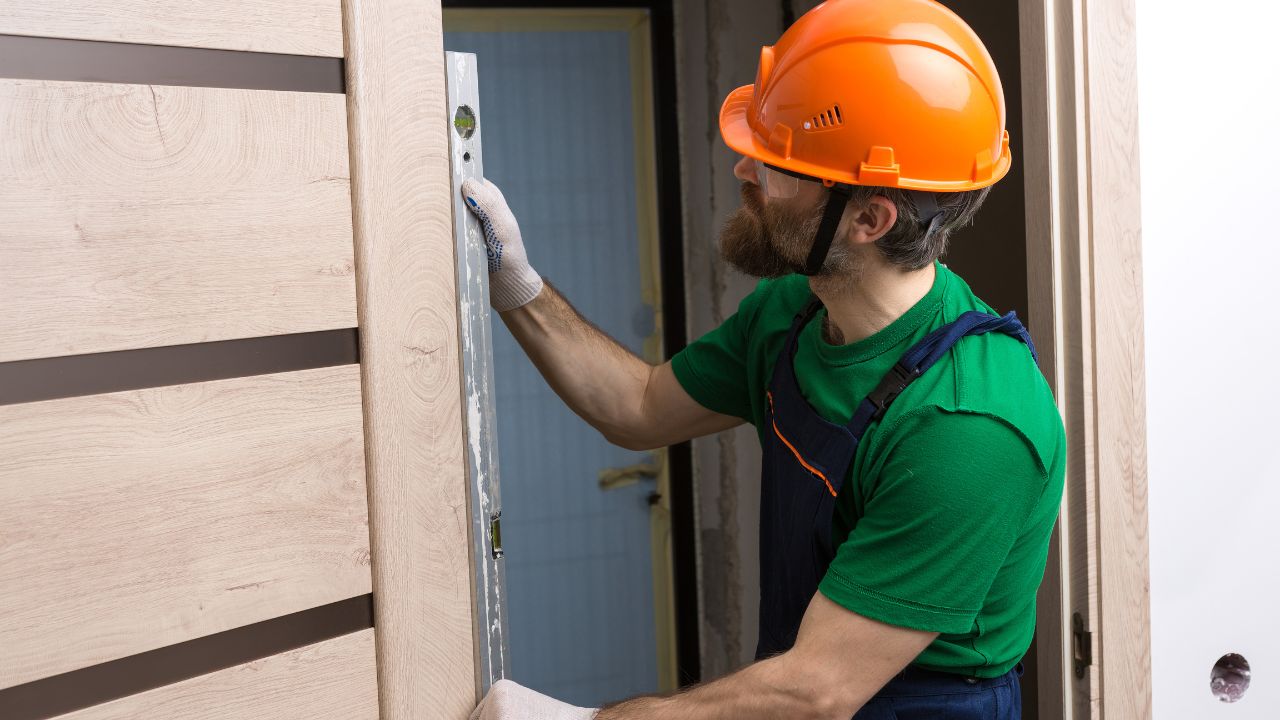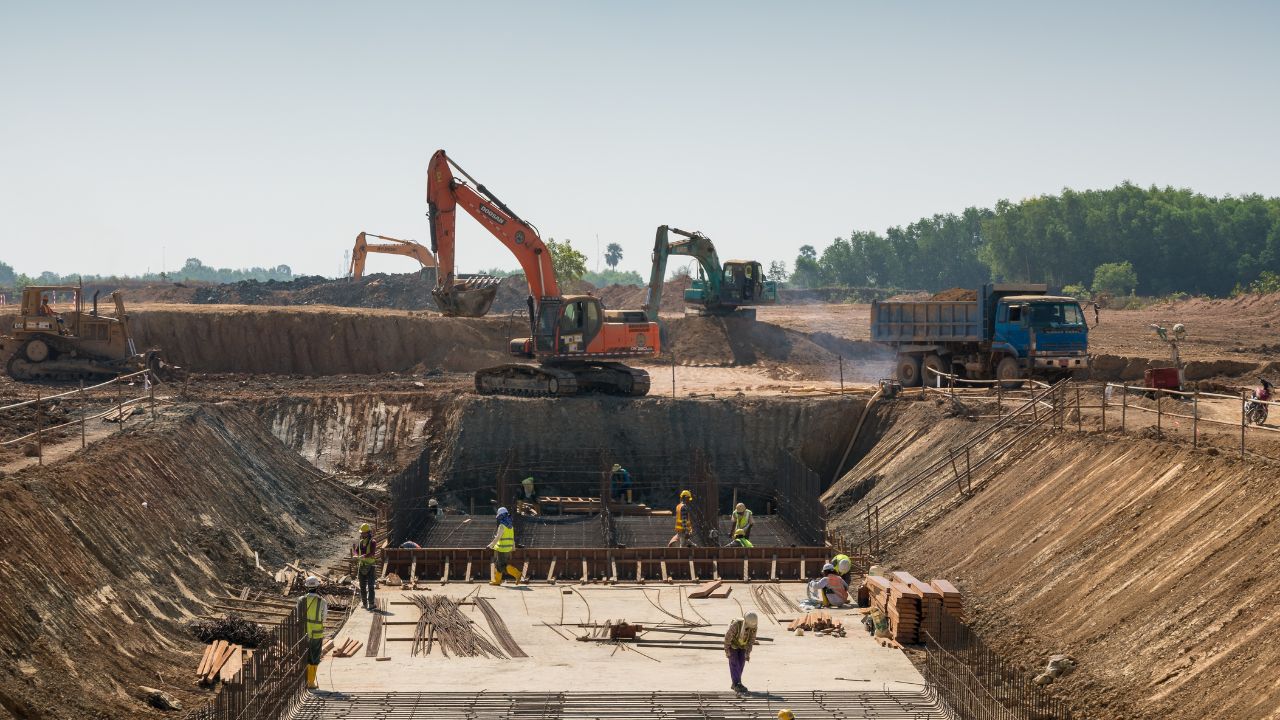- Homepage
- Plumbing
A Comprehensive Guide to Estimating Plumbing Fixture Installation Costs
Leading provider of plumbing installation services.
Overview of Plumbing Fixture Installation Costs
It’s essential to estimate plumbing installation costs. To do this well, knowing how much the different fixtures cost is key. Here are the average prices:
- Toilets $150 – $600
- Sinks $200 – $500
- Showers $300 – $2,000
- Bathtubs $400 – $3,000
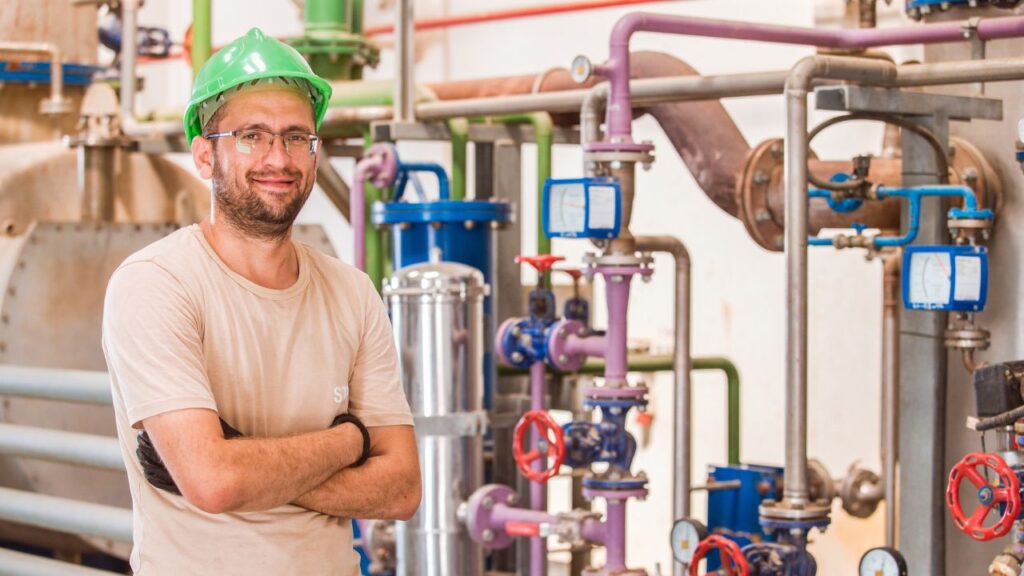
Toilets vary in price, traditional ones are cheaper, fancy bidet types more expensive. Sink prices depend on style and material choices. Showers cost more with steam and multiple heads. Cast iron tubs cost more than acrylic.
When planning fixture installations, calculate plumbing system costs to include all components of your project.
Pro Tip: Get quotes from multiple plumbers to make sure you get a fair price. Now, let’s check out the different plumbing fixtures!
Types of Plumbing Fixtures
For the various plumbing fixtures, each has a unique design, function, and cost. Here is an overview of the differences in cost between types of plumbing fixtures.
Plumbing Fixture | Cost Range |
|---|---|
Bathroom Sink | $100 to $500 |
Kitchen Sink | $200 to $1,000 |
Toilet | $130 to $780 |
Bathtub | $500 to $6,000 |
Shower | $300 to $3,000 |
Not all fixtures are created equal, and sometimes additional factors like materials and installation method can influence the overall cost. For example, a freestanding bathtub may be more expensive compared to a standard alcove bathtub, while a wall-mounted sink may cost less compared to a pedestal sink.
A homeowner once needed a bathroom remodel and decided to swap their builder-grade porcelain sink for a custom concrete sink, which ended up costing several thousand dollars more than they initially expected. It’s crucial to do thorough research and consult with a professional before making any fixture upgrades to avoid any surprise costs.
Looks like you’ll need to sink a little extra cash into your installation budget.
Get High-Quality 3D Rendering Services Today!
Transform your space with stunning 3D Rendering that blends style, comfort, and functionality.
We Specialize in Both Residential and Commercial 3D Rendering Projects.
- Luxury Villas
- Apartment Complexes
- Home
- Condominium
- Office Buildings
- Shopping Malls
- Hospitals
- Hotels & Resorts
Sink Installation Costs
The cost of installing a sink can vary. It depends on the type, size, material, and complexity of the installation. Here’s a table of common sink types and installation costs (including materials and labor).
Sink Type | Installation Cost |
|---|---|
Drop-in Sink | $100 – $300 |
Undermount Sink | $200 – $400 |
Farmhouse Sink | $300 – $500 |
Wall-Mounted Sink | $150 – $350 |
Costs may be higher if extra plumbing work is needed.
Sinks have been around for centuries. From ancient Egyptian wash basins to modern designer sinks. So, why flush money away? Hire a professional and get the job done right!
Toilet Installation Costs
When budgeting for your bathroom renovation, it’s essential to take into account the expenses of toilet installation. Here’s a summary of the average costs:
Expense Type | Average Cost (USD) |
New Toilet | $200 – $800 |
Labor Costs | $150 – $450 |
Permits and Fees | $50 – $300 |
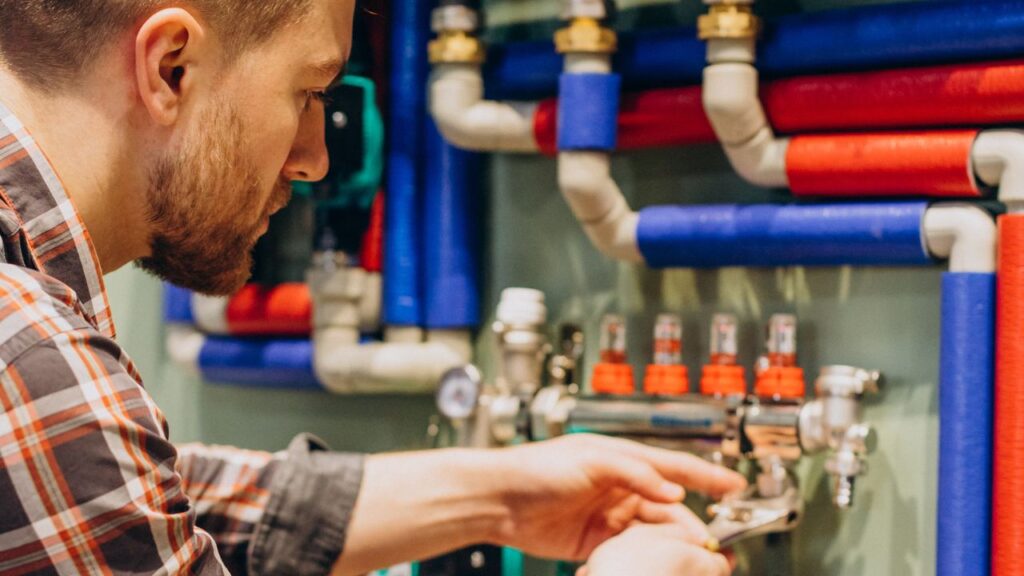
Extra elements can affect the final price. Variables such as changes to the plumbing system or structural support modifications must be taken into consideration. If major plumbing works are needed, it’s a good idea to get professional advice.
For an even better deal: do your research before committing! Compare prices of toilets, plumbers and contractors. And don’t forget, you can always save water by showering with a friend – and split the installation costs!
Shower Installation Costs
It’s important to think about the costs of installing a shower. It depends on the type of shower, materials, and labor charges. To help you, we made a table of average prices.
Types of Showers:
Shower Type | Average Price |
|---|---|
Walk-in Shower | $600 – $5,000 |
Enclosed Shower | $700 – $4,500 |
Corner Shower | $500 – $2,900 |
Alcove Shower | $800 – $4,300 |
Plus, special features like grab bars may cost more. Plumbing connections and electrical work can add up too.
Believe it or not, private showering rooms have been around since ancient times. But, it wasn’t until the late 1800s with indoor plumbing that enclosed showers with curtains appeared in homes.
Getting clean has a price, but that’s alright!
Bathtub Installation Costs
For bathtub expenses, multiple factors can influence the cost. Prices for bathtub installation vary, from the tub type to plumbing, labor, permits, and other costs.
The bathtub material makes a big difference. Acrylic tubs are cheaper than ceramic or cast-iron. Ask your plumber for the exact cost of your preferred tub.
Fittings and fixtures add to the cost. These include faucets, showerheads, drains, and any custom features. Some plumbers charge flat fees, others hourly rates.
Local building codes might require extra safety measures. Fines and other repercussions could result from not following them.
HomeAdvisor’s survey data shows the national average cost of installing a bathtub is between $2,400 and $6,400. Ouch!
Factors Affecting Plumbing Fixture Installation Costs
To understand the various elements that can impact the costs of plumbing fixture installation, it is essential to examine the variables that come into play during the process. To delve into this aspect in more detail, we need to consider a few factors that can affect it. These include the type of fixture, the location of the installation, the nature of the plumbing system, and the experience of the plumber doing the job. Each of these factors can present unique challenges and can have different pricing implications. To illustrate this point, let us consider the following table that highlights some of the typical factors that can impact the cost of plumbing fixture installation:
Factors | Impact on Cost |
|---|---|
Type of fixture | High |
Location of installation | Medium |
Nature of plumbing system | Low |
Experience of plumber | High |
As seen in the table, the type of fixture being installed is the most significant factor affecting costs. Installing high-end fixtures like hot tubs or advanced shower systems can significantly impact the overall budget. The installation location can also be a key cost driver, with more complex installations taking longer to complete and therefore can cost more. Additionally, the nature of the plumbing system, whether it’s a new installation or an existing one, can also impact the price. Finally, the experience of the plumber will also determine how much they charge for their services. While these are some of the key factors affecting plumbing fixture installation costs, there are other variables worth considering when it comes to budgeting appropriately. For instance, issues such as permits and other regulatory requirements can also add to the overall cost of installation. Taking these into account is integral to developing an accurate budget for the project. One homeowner in California learned this the hard way when attempting to install a new sink. In a bid to save costs, they attempted to install it themselves but failed to obtain the required permits and ended up with a costly fine. It’s important to hire qualified professionals who can appropriately handle all aspects of the job, including permits and regulations. In summary, careful consideration of multiple factors is critical when it comes to estimating plumbing fixture installation costs. Identifying the unique implications of each factor and how they can interact can help ensure that the project is planned effectively and runs smoothly, while avoiding unexpected costs. Installing plumbing fixtures in a simple location is like a walk in the park, but when you add complexity, it’s more like a hike up a mountain… with a leaky backpack.
Location Complexity
Understanding the impact of complex locations on plumbing fixture installations requires deep analysis. Here are some key nuances to consider:
Factors | Description |
Type of building | The type of structure affects costs. Design, materials and features may add complexity. |
Location of fixtures | Complexity determines how difficult it is to install the fixtures, thus impacting costs. Installing in an attic is different than on a wall. |
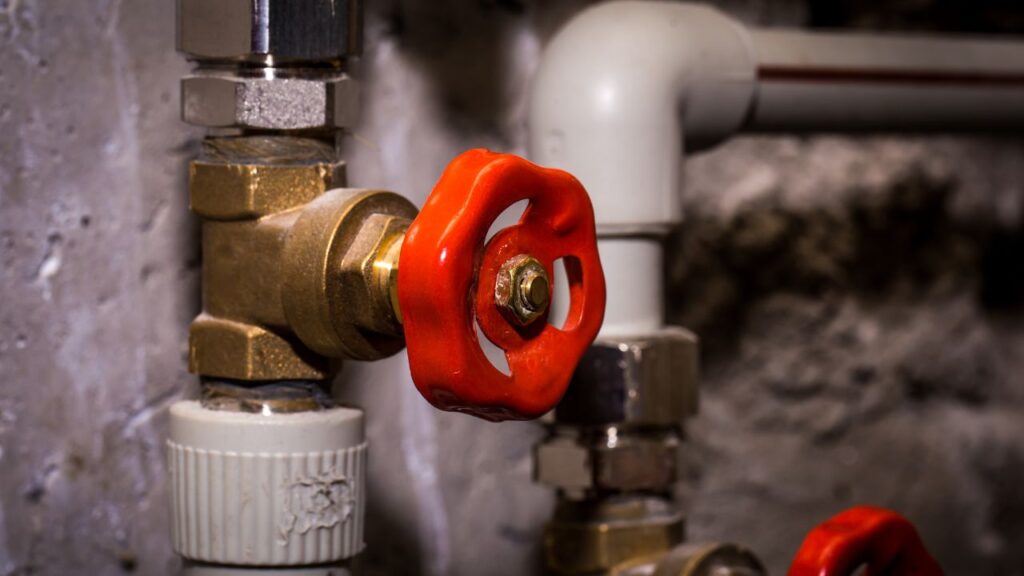
Other issues- accessibility, distance, piping infrastructure and weather- may increase costs. Consider all elements for accurate estimates. Otherwise, unplanned expenses or disputes may occur.
Don’t delay your plumbing fixture installation! Waiting can result in larger repairs and greater expenses. Act now before it’s too late!
Plumbing Material Costs
Plumbing fixtures and equipment are essential to any building. The type of material used, its quality, transportation costs, storage fees and trade discounts all have an influence on the expenses.
A table can help illustrate Plumbing Material Costs. It should include columns like Material Type, Quality Grade, Price Per Unit Quantity, Estimated Total Cost per Project etc. Copper Pipes, for instance, may cost $2-$15 per foot, depending on their thickness and diameter, while fittings range from $5- $30.
Other factors affecting Plumbing Fixture Installation Costs are the type of building structure, access to plumbing systems, proximity to specialty contractors supply houses or wholesalers. Additionally, scheduling conflicts or poor communication between plumbers and contractors could lead to delay in project timelines, resulting in additional labour costs.
Historically, many cities implemented or followed plumbing codes and regulations, impacting the materials allowed for installation. This had a profound effect on costs borne by developers or property owners. In some cases, such codes were later repealed, leading to decreased compliance based expenses once new provisions are made for homeownership improvement grants or economic incentives.
The bottom line is, plumbing labor costs aren’t cheap. Neither is a flooded bathroom!
Below is a sample table for illustrating Plumbing Material Costs
Material Type | Quality Grade | Price Per Unit | Quantity | Estimated Total Cost per Project |
|---|---|---|---|---|
Copper Pipes | Grade A | $2.0-$15.0 | per foot | $1500-$6000 |
Fittings | Grade B | $5-$30 | per piece | $2800-$8000 |
Labor Costs
Labor costs are a big part of plumbing installation costs. This is because plumbers charge for their work based on hours or a project. The more complex the job, the more it costs.
Several things affect labor costs. Location and access to pipes and water supply lines, size and type of fixtures, modifications to plumbing systems, and the plumber’s skill all play a role. City codes may require permits, and special skills may be needed for home automation or energy-saving solutions.
To save money, get several quotes and reviews before choosing a plumber. Give an accurate description of what you need. Don’t leave out details – that could cost extra. Good maintenance of your plumbing will prevent costly repairs later. But if all else fails, DIYing is an option – just remember the jet engine toilet!
Get Financing For Plumbing Construction Business
Maximize your plumbing construction business’s potential with our competitive financing options

DIY vs Professional Plumbing Fixture Installation Costs
DIY vs Professional Plumbing Fixture Installation Costs:
Plumbing fixture installation can be DIY or Professional. It is necessary to evaluate the pros and cons of installing plumbing fixtures on your own or hiring a professional plumber. To help you make an informed decision, we have created a comparison table of the costs associated with DIY vs Professional Plumbing Fixture Installation.
The table below compares average costs for two installation methods. Note that the cost of installation may vary depending on the type of fixture being installed, location, and additional requirements.
Installation Type | Average Cost |
|---|---|
DIY | $50-$300 |
Professional | $150-$500 |
DIY installations typically require a lower budget for installation costs. However, hiring a professional ensures that the installation is done correctly, and any future problems can be easily rectified.
It is essential to do some research about the plumbing fixtures and installation process before undertaking a DIY installation to avoid any unwanted surprises and costly mistakes.
Furthermore, if you are on a tight timeline, hiring a professional may be recommended, as professional plumbers have the expertise to install fixtures efficiently and on time.
Lastly, one must ensure that the plumbing fixtures and installation processes meet local building codes. A professional plumber will be well-versed in local plumbing codes, while DIY installations may not meet city inspection requirements.
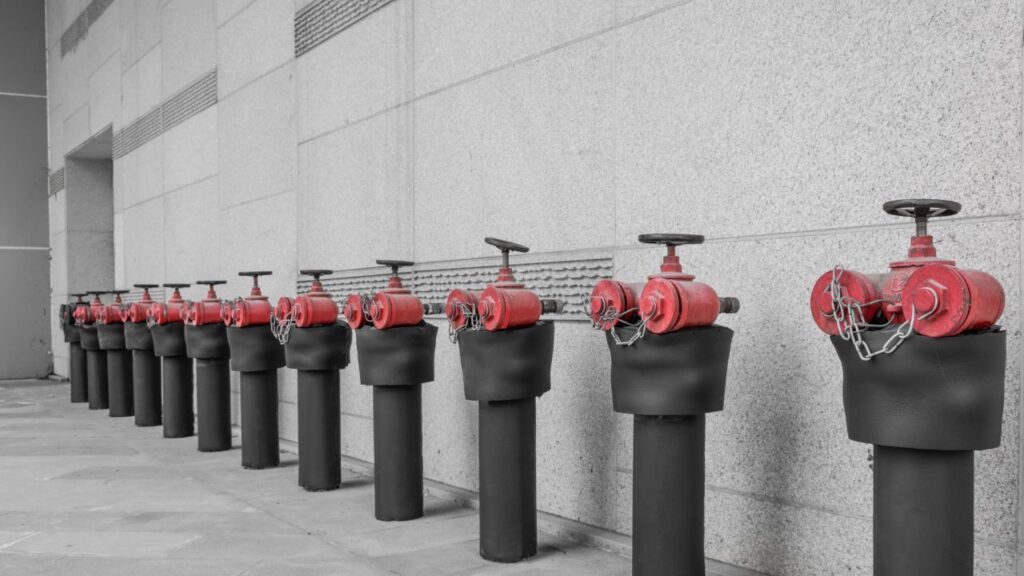
An acquaintance of mine once opted for a DIY plumbing fixture installation, which resulted in water damage to their home. The cost of repairs greatly exceeded the cost of hiring a professional plumber in the first place. Be sure to consider the long-term costs and benefits of DIY vs Professional installations before making a decision.
Sure, you can DIY your plumbing fixture installation, but just remember, a leaky pipe never takes a day off.
Pros and Cons of DIY Installation
Should You DIY or Hire a Professional Plumber?
Doing your own plumbing fixtures installation might appear economical – but it’s important to consider the pros and cons before starting.
- Pros: You stand to save on labor costs, feel satisfaction from a job well done, have more control over the process, potentially learn new skills, and enjoy the fruits of your labor for years.
- Cons: You run the risk of costly mistakes, violation of building codes or warranty agreements, and may not have access to specialized tools or knowledge.
Think these things through before you decide between hiring a plumber or attempting DIY. Even small mistakes can quickly add up when it comes to plumbing work. It is better to approach this carefully and seek professional help when needed. History has seen many cases of property damage and injuries due to DIY installations gone wrong. Weigh all options before committing. Knowing when you need assistance is essential to preventing future issues.
It may cost more to hire a professional, but it may save you from having a water feature in your living room!
Pros and Cons of Professional Installation
Professional Plumbing Fixture Installation: Pros & Cons
When it comes to fixture installation, you must choose between DIY or hiring a pro. Each comes with its own benefits and drawbacks.
Pros:
- Experienced plumbers can complete the job quickly and avoid mistakes.
- They can offer advice on the right fixtures for your needs and ensure efficiency and longevity.
- Professionals provide the peace of mind that the job was done correctly.
Cons:
- Professional plumbers usually cost more than DIY.
- If the project needs customizations, it might be harder for a plumber.
- You have less creative control over the work.
If you go with a pro, compare prices from several providers in your area and explain your needs and expectations clearly. Investing in quality installation now can save you money in the long run.
A Wining Cost Estimate
That Helps You To Win More Plumbing Construction Projects

Tips for Estimating Plumbing Fixture Installation Costs
Here are some helpful tips for estimating plumbing fixture installation costs:
- Identify the type of fixture you want to install. Is it a sink, toilet, or showerhead? Each requires different plumbing components, and the installation cost will depend on the complexity of the project.
- Determine the location where you want to install the fixture. Will it require extensive plumbing work, such as running new pipes or drains? If so, expect the installation cost to be higher.
- Obtain quotes from multiple contractors and compare their estimates. Look for any discrepancies in cost and ask for a detailed breakdown of the expenses, including labor and materials.
- Consider the durability and quality of the fixture you want to install. While a cheaper fixture may save you money upfront, it may require more maintenance or frequent replacements in the long run.
It’s important to note that unexpected surprises may arise during the installation process, such as unforeseen plumbing issues or complications with the fixtures. It’s always wise to budget for unexpected costs and set aside a contingency fund to cover them.
“I once had a client who wanted to install a high-end spa shower system in their bathroom. While the initial estimate was within their budget, during the installation process, we discovered that the existing plumbing was not compatible with the system. It required extensive work to reroute the pipes and drains, adding to the installation cost and timeline. It’s crucial to have a trusted and experienced contractor who can handle unexpected issues and provide accurate estimates.”
“Get ready to dive into the murky depths of local plumbing services, where the prices are high and the puns are even higher.”
Research Local Plumbing Services
Estimating plumbing fixture installation costs? Get qualified local plumbing services! Reputation and experience are key. Select a competitive plumbing co for budget-friendly work. Be sure to check regional codes and regulations. Verify license status with the right agency for legit expertise.
My friend recently shared her disastrous story. Unlicensed ‘bargain’ plumber left a flood of issues! Ended up spending more to fix his errors. Have to hire certified professionals instead.
Take inventory of your bathroom – and don’t forget the plunger. Learn from her mistakes!
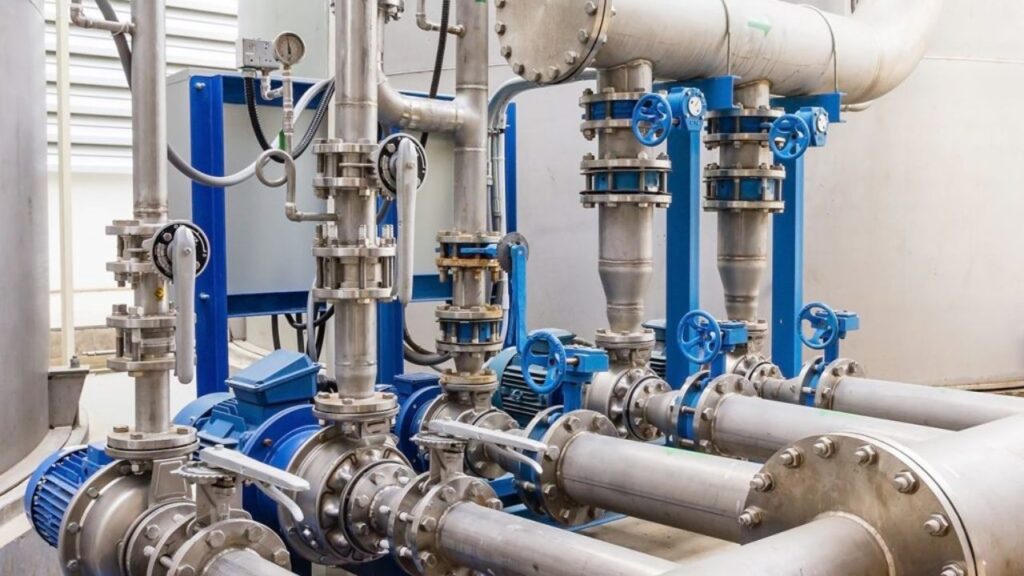
Create a Checklist of Plumbing Fixtures Needed
Creating a list of necessary plumbing fixtures is essential to accurately estimate installation costs. Analyze the layout and design of the space. Think about the number and type of fixtures, like sinks, toilets, faucets, showers, etc. Don’t forget extra components, like pipes, valves, and fittings.
Remember to include materials and labor in the cost estimation. Consult with a professional plumber for insight on fixtures and components. This will help with informed decision-making.
Creating the checklist is key. It ensures all essential items are accounted for and can prevent issues later. Get multiple quotes from different plumbers for options before you commit.
Get Multiple Quotes from Different Plumbers
For the best estimate on plumbing fixture installation, you should contact multiple plumbers. Here are some tips to help you get multiple quotes:
- Call at least three local plumbers.
- Keep your specs the same when requesting quotes.
- Ask for a detailed cost breakdown.
- Check reviews and references.
- See if there are any additional charges.
- Communicate your budget limits.
Aside from costs, other factors can influence your decision, like the plumber’s training and experience. See if they have any discounts or promotions, which may give you more value. Communication will help build a good working relationship with your plumber.
And don’t forget, always double check your installation costs, or you may end up with an expensive mistake!
Conclusion: Final Thoughts on Estimating Plumbing Fixture Installation Costs
For plumbing fixture installation costs, it’s key to consider the type of fixtures, labor and time costs. Planning is vital for accurate estimates and no surprises. Check out alternative materials that cut install time. Site prep is also necessary for a hassle-free job. Think about these factors for an efficient budgeting process.
90% More Chances to Win Plumbing Bids with Our Estimate!
Frequently Asked Question
The cost of an above ground pool installation can vary depending on a number of factors, including the size of the pool, the type of materials used, and the contractor you choose. On average, you can expect to pay anywhere from $1,500 to $5,000 for a basic installation.
Yes, there are some additional costs to consider when owning an above ground pool. These may include maintenance costs, such as chemicals, cleaning supplies and equipment, and water and energy costs to keep the pool running.
While it's technically possible to install an above ground pool yourself, it's usually best to hire a professional contractor with experience in pool installation. This will ensure that the pool is installed correctly and safely. It may also be required by local building codes or zoning laws to have a professional install the pool.
The size of the pool you should get depends on a number of factors, including the size of your backyard, the number of people who will be using the pool, and your budget. Above ground pools typically come in a range of sizes from small, round pools to larger, oval-shaped pools.
The lifespan of an above ground pool will vary depending on the quality of the materials, the climate in which you live, and how well the pool is maintained. On average, you can expect an above ground pool to last anywhere from 10 to 20 years.
Some pool contractors offer financing options to help you cover the cost of an above ground pool installation. It's always a good idea to shop around and compare financing options to find the best deal for your budget.
Comprehensive Trade-Specific Estimates
At Estimate Florida Consulting, we offer detailed cost estimates across all major trades, ensuring no part of your project is overlooked. From the foundation to the finishing touches, our trade-specific estimates provide you with a complete and accurate breakdown of costs for any type of construction project.
Our Simple Process to Get Your Estimate
Upload Plans
Submit your project plans, blueprints, or relevant documents through our online form or via email.
Receive Quotation
We’ll review your project details and send you a quote based on your scope and requirements.
Confirmation
Confirm the details and finalize any adjustments to ensure the estimate meets your project needs.
Get Estimate
Receive your detailed, trade-specific estimate within 1-2 business days, ready for your project execution.



Our Clients & Partners
We pride ourselves on building strong, lasting relationships with our clients and partners across the construction industry.
